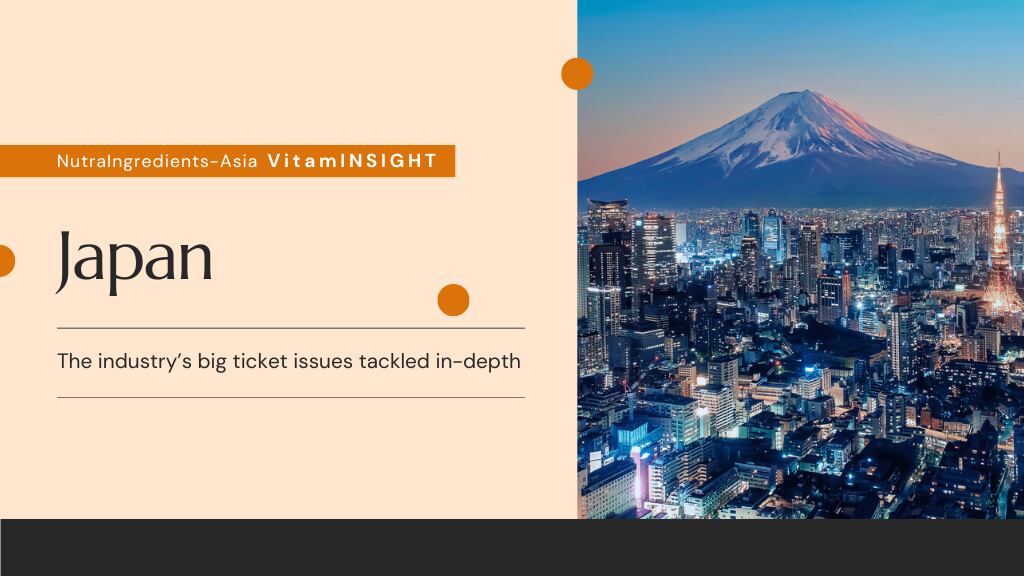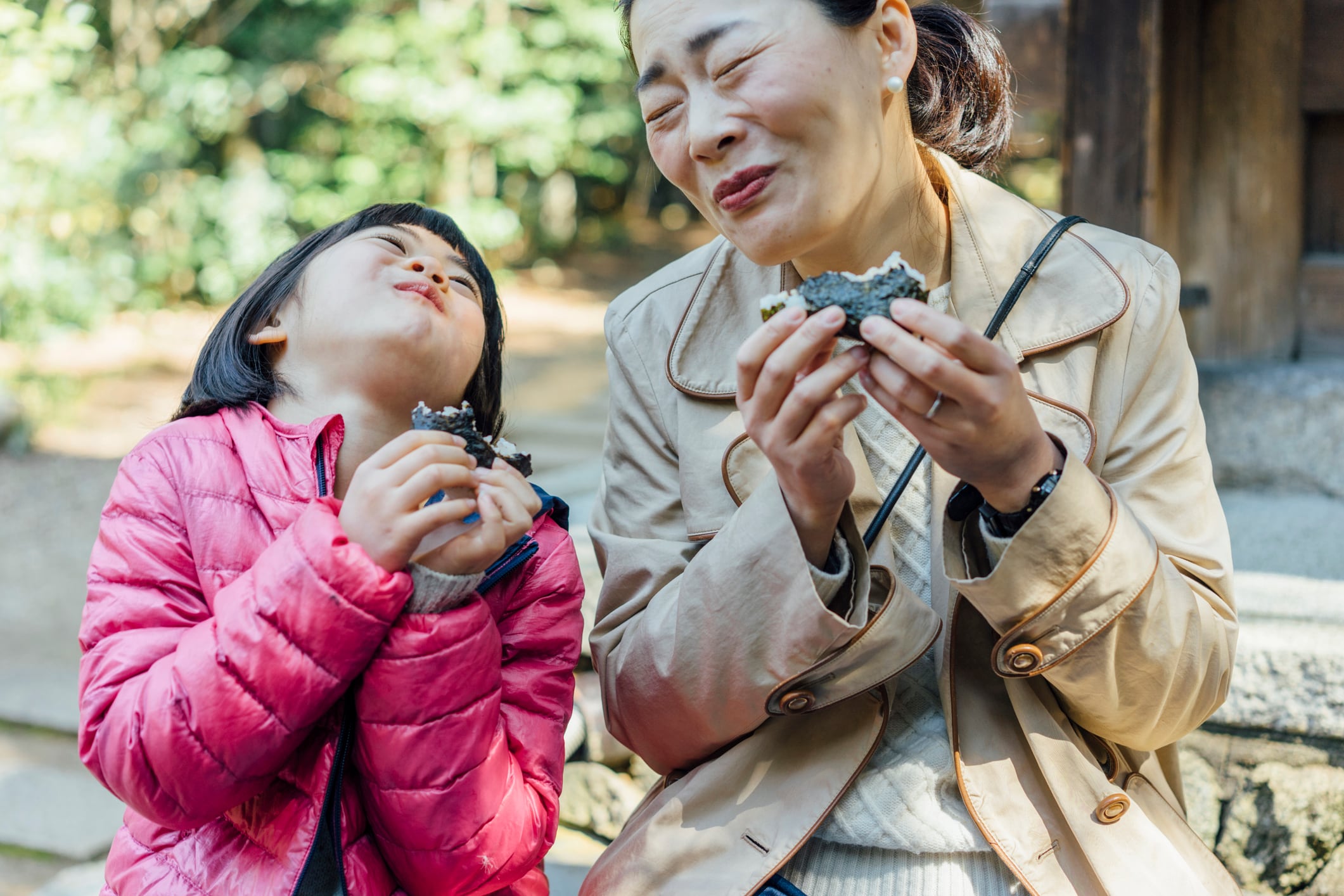The FFC sector is a major component of Japan’s health and nutrition industry.
Launched in 2015, there are 7,525 FFC products developed as of October 2, surpassing that of Foods for Specified Health Uses (FOSHU) and Foods with Nutrient Function Claims (FNFC) – two systems which were introduced way earlier.
NutraIngredients-Asia understands from Japan Alliance of Health Food Association (JAOHFA) and Japan Health and Nutrition Food Association (JHNFA) that there are now efforts targeted at driving FFC exports.
For example, JHNFA this year officially launched a consultation service for member companies that are experiencing export difficulties.
The association will help to investigate the issues and offer advice on areas that could be improved, said Akihiro Masuyama, director, health food department, JHNFA.
In fact, the association has been receiving export-related enquiries every now and then from about three to four years ago, he said.
Mitsuru Aoyama, managing director and secretary general, JHNFA, added that boosting exports was one of the key challenges that Japan’s health and functional foods industry was facing.
“Everybody knowns Japan makes good quality products. Together with the authorities, we should review the framework for exports, this is aimed at reviving the industry,” he said.
Masafumi Hashimoto, chair of JAOHFA, on the other hand, said that the association has been trying to foster relationships with regional associations.
For instance, JAOHFA had organised a health food forum attended by the ASEAN Alliance of Health Supplement Associations (AAHSA) and Japan’s Ministry of Agriculture, Forestry and Fisheries (MAFF) in Tokyo earlier in March.
At the forum, an official from MAFF spoke about the measures in promoting the exports of Japan’s agriculture, forestry, marine, and health foods, while AAHSA chair Patrick Kalona and executive director Daniel Quek spoke about the current status of health supplements and ASEAN regulations harmonisation respectively.
“This is the beginning of our dialogue with AAHSA...I will say that we are starting to establish a relationship with some of the key people who are in this industry.
“This is not a short-term arrangement. It might take a few years to develop such an environment in understanding each other and only then could we discuss what we can do together, that's the status right now,” said Hashimoto, who believes that driving exports should be a collective action among the Japanese companies.
The member of health and medical new industry council and new business creation WG at the Ministry of Economy, Trade and Industry (METI) also said that he will be attending a conference organised by Indonesian Health Supplement Association (APSKI) in Jarkarta in October to further engage the regional partners.
Get GMP to drive exports
Japanese companies are also securing the Good Manufacturing Practice (GMP) certification in their bid to export their products overseas, according to JHNFA.
The association authorised by the Cabinet Office provides three types of accreditations for companies, namely the 1) Japan Health Food Authorisation (JHFA) mark, 2) GMP factory mark and GMP product mark, and a 3) third-party certification program which it describes as the Japanese version of US FDA’s Generally Recognised as Safe (GRAS) status.
The JHFA mark is given to products that meet the voluntary standards related to health foods quality established by JNHFA.
Out of the three certifications, GMP was the most sought after, said Masuyama. The association has been performing the third-party GMP certification program since April 2005
The reasons are three-fold, with driving exports as one of the reasons.
“Many companies are keen in getting GMP certification.
“First, the Ministry of Health, Labour, and Welfare (MHLW) has strongly requested companies to undergo GMP certification to ensure the quality of products.
“Second, there are many OEM companies in Japan, and they are getting GMP in order to acquire more customers, as they see it as a sign of trust.
“Third, some kinds of certifications are important for exporting products overseas and GMP is the best tool in this case,” he explained.
According to information stated on JHNFA’s website, it has given out the GMP factory mark to 140 factories and the GMP product mark to 140 products.





